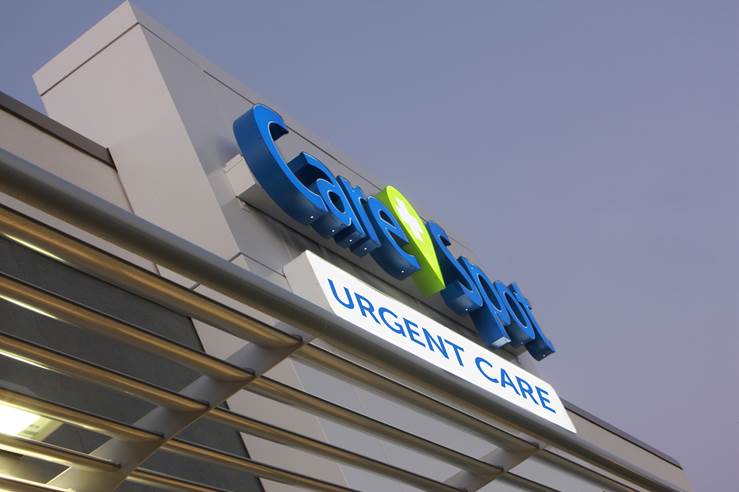Urgent Care: Opt for Sooner, Rather than Later
November 16, 2015

Urgent Care centers like CareSpot occupy a vital role in our healthcare industry. Considering the wide swath of medical services CareSpot provides, there are many situations which are best suited for urgent care, rather than a trip to the emergency room – and also when you are unable to see your primary care physician.
Urgent Care Sweet Spot:
To simplify things a bit, think of it this way: if you are sick or injured, and it’s not life-threatening or severe, but you still need same-day medical attention, urgent care is a logical, convenient choice. If you can’t get same-day care with your primary care physician and don’t want to risk your condition getting worse in the meantime, simply walk into CareSpot. You can also schedule online to help minimize wait in the lobby.
Unfortunately, accidents occur at inopportune times, and it doesn’t always coincide with many medical office’s weekday office hours. CareSpot has extended hours which include nights, weekends, and holidays, so you can get convenient care when medical needs arise unexpectedly.
Who Works at CareSpot?
CareSpot is staffed by a variety of clinicians including physicians, nurse practitioners, and physician assistants. Designated collaborating physicians are available to offer additional consult on diagnoses and treatment. Care is taken to hire only clinicians with experience, so you’ll know you’re in qualified hands.
What Services Do CareSpot Centers Provide?
Every facility offers digital X-rays as well as lab testing in-house, and many locations even offer the convenience of filling many common medications, saving you an extra trip to the pharmacy. It’s also important to note that CareSpot is not just there for patients when something unexpected happens. CareSpot also performs vaccinations (flu season is around the corner — get your shot!), sports physicals, drug screenings, and other preventative and occupational health needs.
CareSpot clinicians are more than qualified to treat:
- cold or flu symptoms
- ear and eye infections
- sprains, strains, and minor fractures
- skin conditions
- respiratory infections
- cuts and burns
- headaches and migraines
- auto accident injuries
- breathing difficulties (in the case of mild to moderate asthma)
- and much more.
When Not to Use Urgent Care
It’s best to go the emergency room in the case of
- stroke or heart attack symptoms
- have a compound bone fracture
- serious head, neck or back injury
- deep cuts/lacerations
- pregnancy-related issues
- seizures
- loss of consciousness
- ingesting poison
- severe allergic reaction/shock
Arming yourself with the facts help you choose the right care at the right time. For life-threatening issues, always visit the ER. When you don’t have a life-threatening issue but need same-day service, urgent care is ideal.
